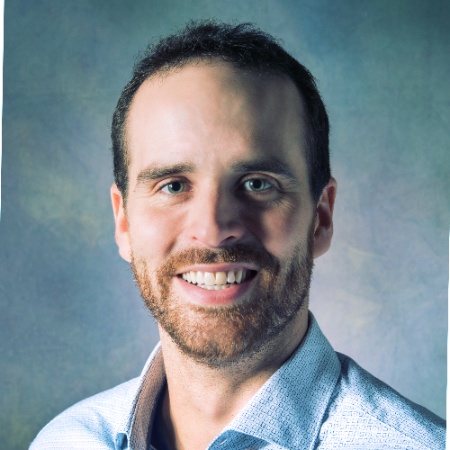
In a free public seminar at 3:30 PM on April 2, in room 1115 of the Wisconsin Energy Institute, UW-Madison Associate Researcher of the Center for Sustainability and the Global Environment (SAGE) Tyler Lark will give a talk on biofuels and land use.
Crop-based biofuels have the potential to provide renewable, low-carbon alternatives to existing petroleum-based transportation fuels. However, there may also be negative environmental consequences associated with the production of feedstocks used for biofuel production, particularly if the utilized crops compete with food production and consumption or are grown intensively on environmentally sensitive land. For example, recent conversion of grasslands to cropland in the United States has emitted levels of carbon that would take decades to centuries to recapture via the savings from displaced gasoline use if the land were to be used for corn-based ethanol production. Alternatively, harvesting existing vegetation for the production of cellulosic ethanol may be able to provide significant carbon savings as well as other environmental co-benefits. Thus, the use of land for biofuel feedstock production offers both opportunities and challenges for sustainability. In this presentation, we will discuss recent land use trends across the United States and the associated implications for conservation and federal policies like the Renewable Fuel Standard. We will also explore emerging solutions for sustainable biofuel production, including the cultivation of next generation cellulosic feedstocks grown on marginal lands.
